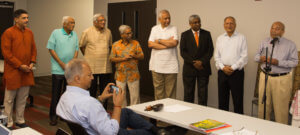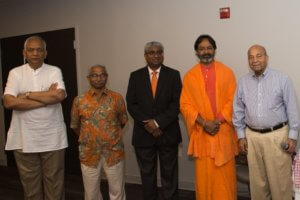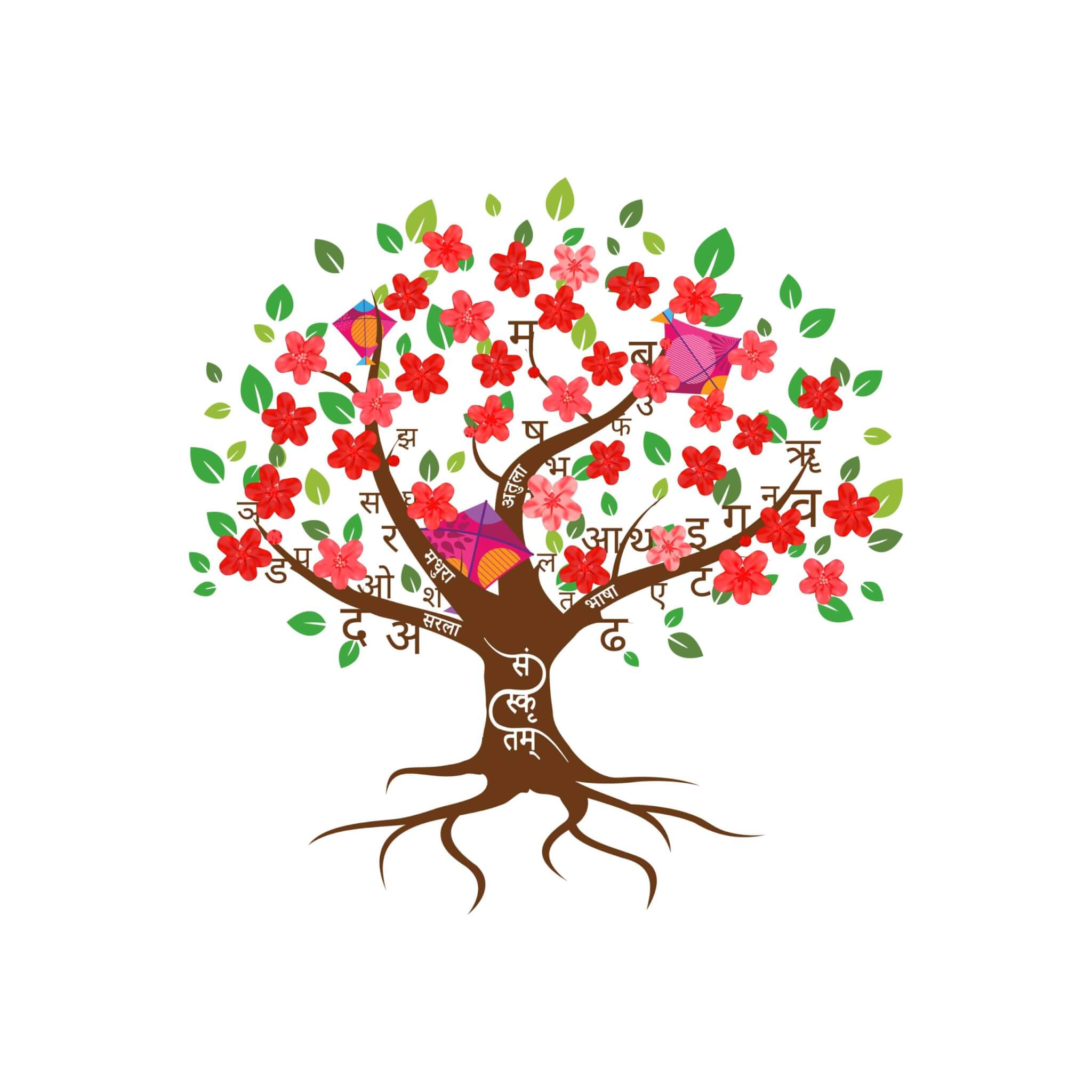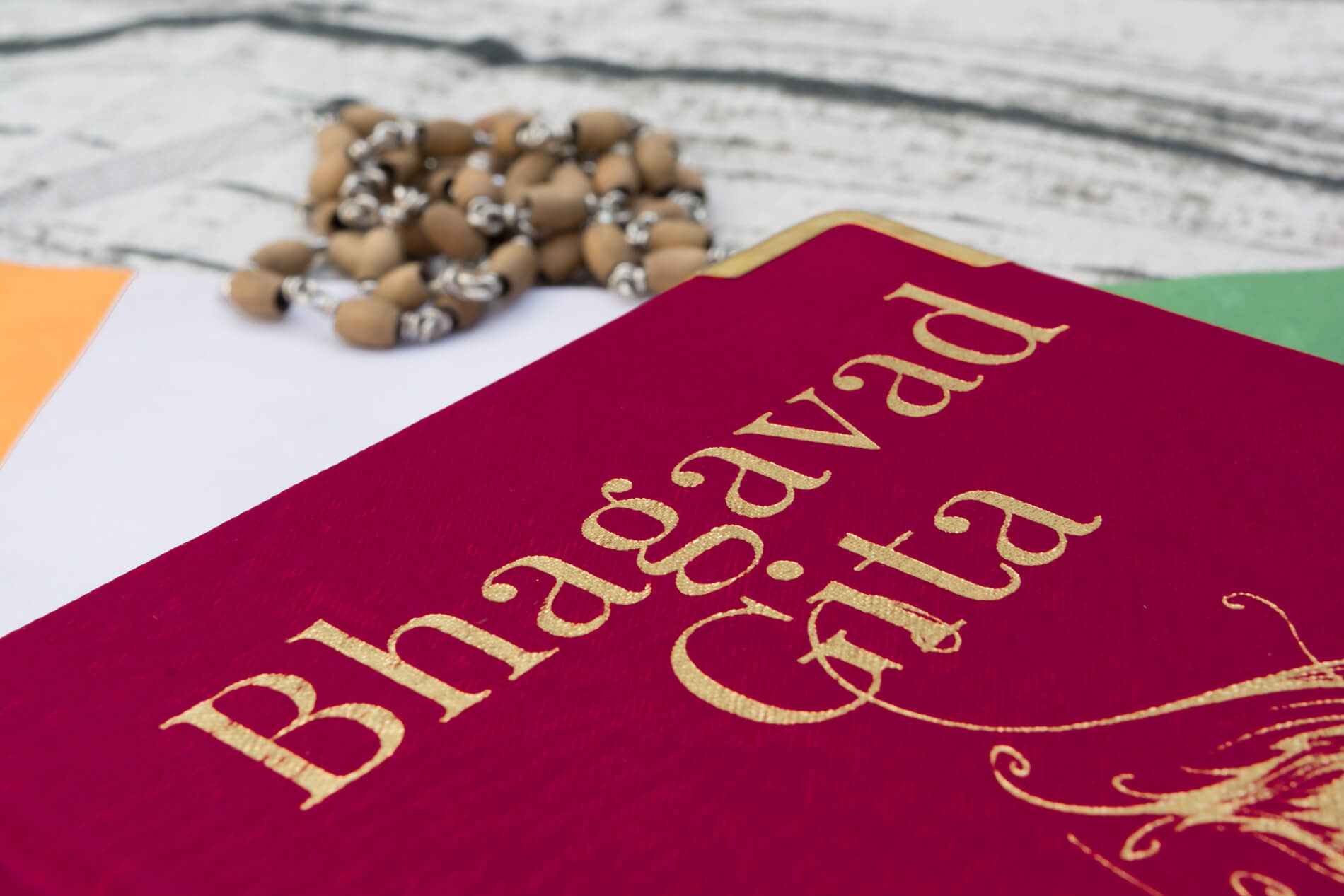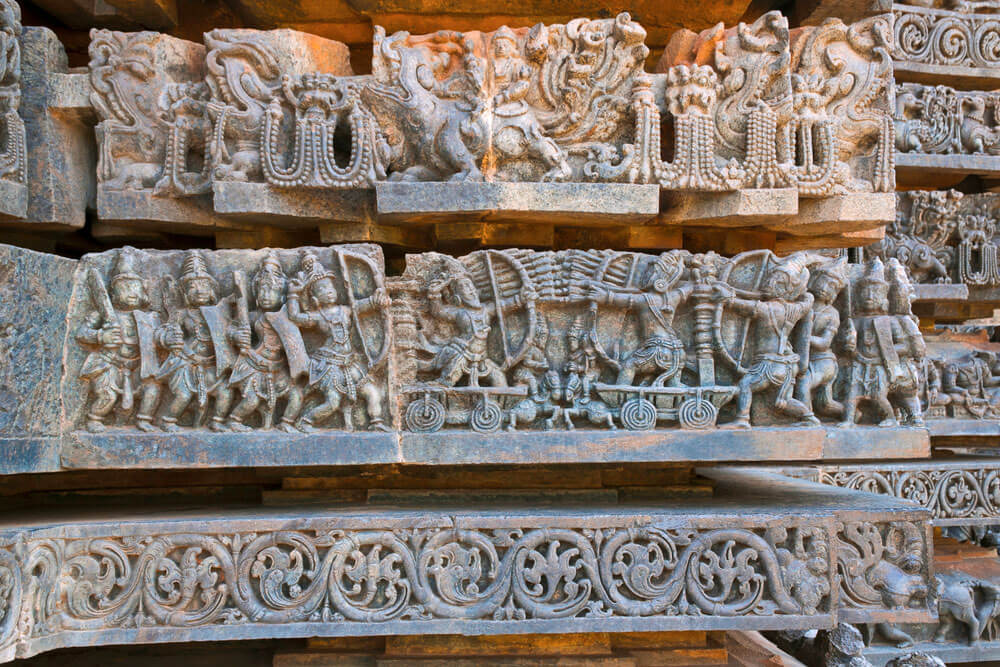Antaranga Mandapam
In this course, students will accomplish the following:
- Learn to understand and deal with the internal confusion that this crisis has created
- Explore the Sangha as a healing space of lived and shared experience
- Correlate their life experience with select concepts from the Yoga Sutra
- Learn to learn from each other’s sharing
- Experience a shared sense of the sacredness of life
- Prepare for a journey of personal transformation
The traditional Hindu way of life had a holistic design, supported by a habitat that fostered harmony. People lived in their respective homes and worked in assigned areas. When the day’s work was done, it was customary to visit the temple. The temple was designed to take the person from the common everyday external orientation to an inwardness as they slowly wended their way to the garbhagriha (sanctum).
By the time the person reaches the sanctum, they have shed their roles and their identities. From an openness of the heart devoid of all notions of self they receive the blessings of the divine. The person then circumambulates the temple and rests a while in the Mandapam.
In the Mandapam, the wisdom of the Vedas and the Upanishads, were recreated through discourses, music, dance, stories and theatre performances. The Itihasa or Purana would be the basis of these performative traditions. The performative traditions were meant to evoke the rasa inherent in life and to convey the deep truths of the Upanishads and Vedas in simple ways.
The Mandapam, therefore, became the space where the community engaged in contemplative dialog, and nurtured a sense of being held in one’s humanness. Even the Gods and heroes whose stories were narrated had issues to confront like any one of us do, but found Dharmic ways of doing so! This mirroring of one’s life in the story provided insights into choices one could make, in the face of grave challenges.
The Antaranga Mandapam course will recreate this healing space online.
Required/Elective: Elective
Prerequisites: None
Faculty/Instructor: Sri Raghu Ananthanarayanan
Quarter Offered: Spring 2020
Area of Study: Yoga Studies
Start Date: April 14, 2020
End Date: June 23, 2020
Day: Tuesday
Time: 9.30 pm – 10:30 pm – EST







